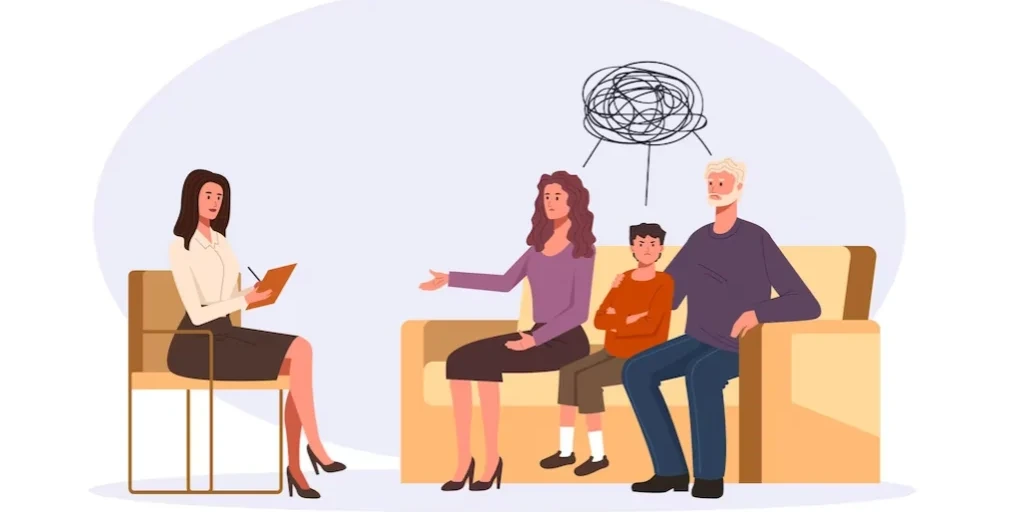24/7 Helpline:
(866) 899-221924/7 Helpline:
(866) 899-2219
Learn more about Individual Therapy centers in Bee County

Other Insurance Options

AllWell

EmblemHealth
Beacon

Multiplan

United Health Care

BHS | Behavioral Health Systems

Sliding scale payment assistance

WellCare Health Plans

Choice Care Network

Health Choice

UnitedHealth Group

PHCS Network

Highmark

Magellan

Humana

Kaiser Permanente

Absolute Total Care

Health Partners

BlueCross

BlueShield





















































Council on Alcohol and Drug Abuse – Coastal Bend
Council on Alcohol and Drug Abuse – Coastal Bend is a private rehab located in Beeville, Texas. Coun...






















